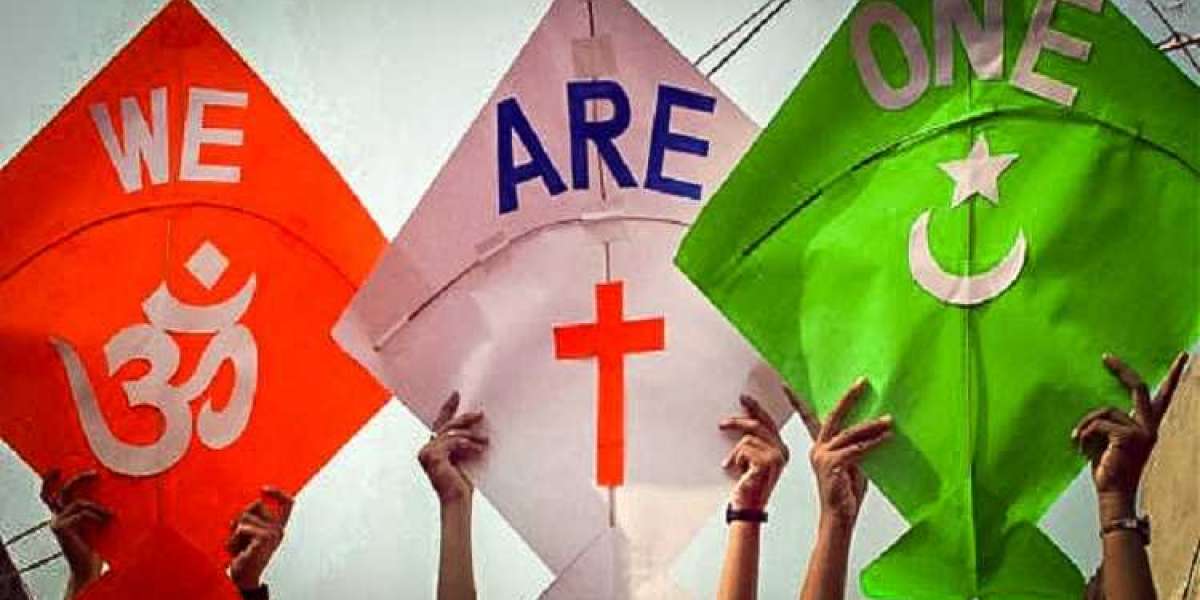Secularism the most misused word in today’s time and age especially for pseudo-liberals. Well, the word 'secular' has definitely lost its sanctity. Left and pseudo-liberals often use the word according to their conveyance. The forty-second Amendment of the constitution of India enacted in 1976, the Preamble of India asserted that India is a secular nation. Officially, the essence of secularism was always there in the constitution and has always inspired modern India. In India, secularism does not separate religion and state unlike Western notions of secularism. It does partially separate religion and state. For example, it does not have an official state religion,state-owned educational institutions cannot impart religious instruction. But, if we talk about personal matters in India such as Marriage, Divorce, Inheritance, Alimony etc. The applicable code of law is unequal as different religions have different personal laws and they are governed accordingly. Such as, Muslims in India have Sharia-based Muslim Personal law while Hindu, Christian and Sikh Indians live under common law. Supporters of the Indian concept of secularism claims it respects minorities and pluralism but on the other hand, critics claim that the Indian form of secularism is “pseudo” in nature and also states that different religious laws violate the principle of Equality before law.
Well, the true definition of secularism in a layman's word would be the separation of state from the religion and respecting and treating all religions equally. But the Indian version of secularism which is used to describe policies considered to involve “minority appeasement.” Like for instance, India allows Muslims, Christians, Jews and Parsis to manage their civil affairs according to their different religious laws. But it places restrictions upon how Hindus, Sikhs, Buddhists and Jains can manage theirs. The problem in India is not the emergence of communalism but the absence of it in the ideological discourse since independence. Today, the only meaning of secularism according to pseudo-liberal and self-proclaimed secularists is to oppose majoritarian faith and its beliefs. The Indian belief of secularism is only that, the majority have a duty to be secular all the time. Secularism has become, a government showing favour to specific religious groups in turn voting to keep political parties showering such favours in office. This is nothing but bribery and those who raise their voice against such bribery are immediately deemed as communal by the keepers of the secular flame. Till we have personal laws governing people either legally or socially, even a semblance of secularism can be achieved. In the broader perspective, if India has to be secular then India needs to have a Uniform Civil Code.








Shobika Ravichandran 4 yrs
Nice